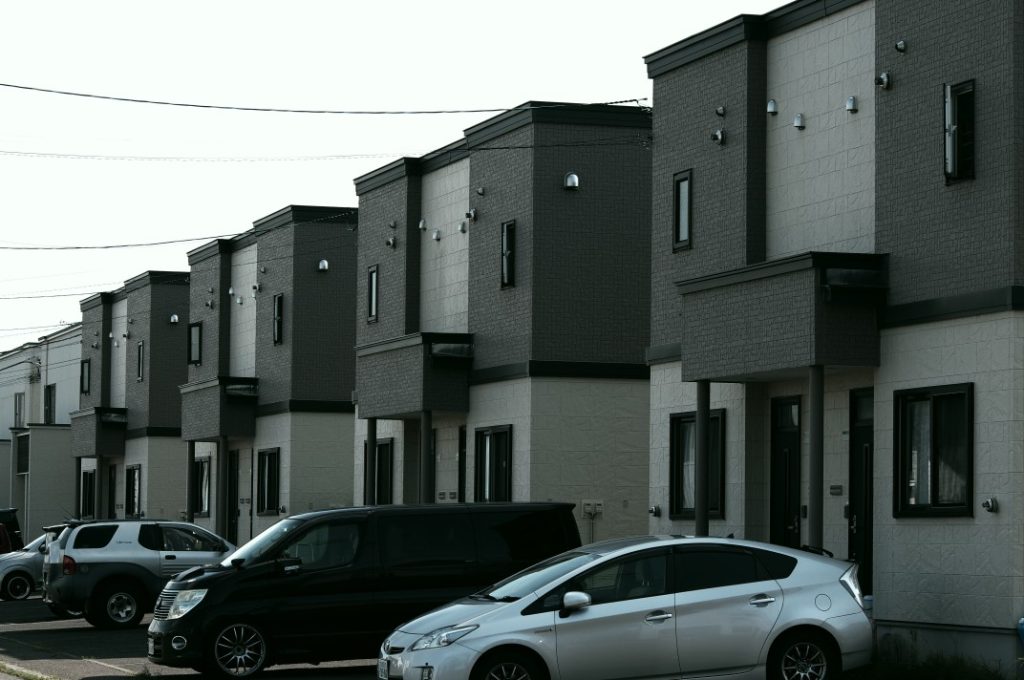A new study has found that renters in the UK can expect to pay up to 21% or £128 more per month for a two-bedroom flat if it is furnished.
Property website OnTheMarket studied data from nine major cities across the UK, analysing rents of typical two-bedroom flats, some furnished and some unfurnished.
They found that the cost of furnishing a two-bedroom flat with basic staple items, such as a sofa, coffee table, television, dining table and chairs, beds, and desks, can be around £1,800.
This creates a dilemma for tenants, who are left to decide whether or not to save a lump sum, and buy their furniture instead.
Taking Sheffield as an example, the results indicated that renting a two-bedroom furnished flat in Yorkshire city costs tenants around £726 per month, or £598 for an unfurnished property of the same size.
In Newcastle, upon Tyne, the difference is £85, or 14%. In Birmingham, it is £127 or 20%, £101 or 15% in Manchester, £128 or 9% in London, £128 or 19% in Leeds, £86 or 13% in Glasgow, £102 or 15% in Coventry, and £50 or 7% in Cardiff.
‘Spread throughout a 12-month tenancy, these costs become around £150 per month, meaning it is worth prospective tenants considering whether or not they are embarking on a long-term let. That said, there are clear benefits and a level of convenience of walking into a ready to live in the property when weighed against the alternative of buying everything yourself,’ she added.
Denise Brown, property management manager at Andrew Craig in Newcastle, pointed out that due to the city’s large student population, many tenants require fully furnished properties because most are in shared accommodation and do not bring their goods.
‘Gateshead has more long-term tenants and mostly family homes, it is not normally their first rental, and the tenants have collected goods along the way,’ she said.
‘Since the government abolished tax relief for landlords on furnishing properties, we have noticed a significant drop, and over three-quarters of our management/let only business is now unfurnished. Landlords are more likely to buy rent guarantee insurance, which protects the landlord against the tenants not paying the rent, than furnish properties,’ she added.








